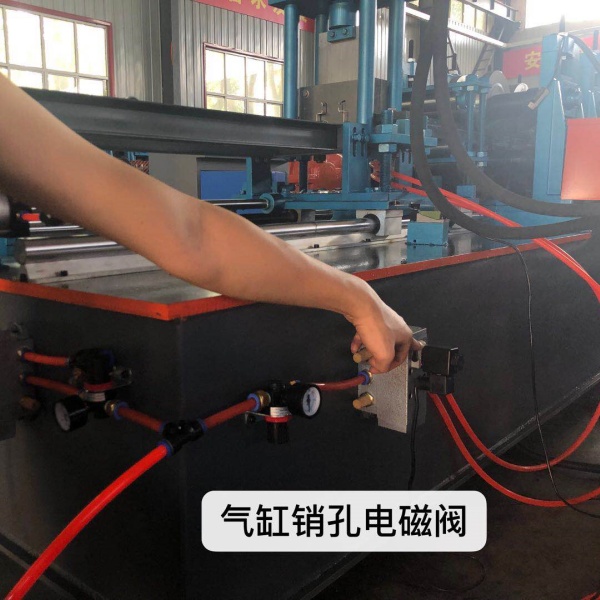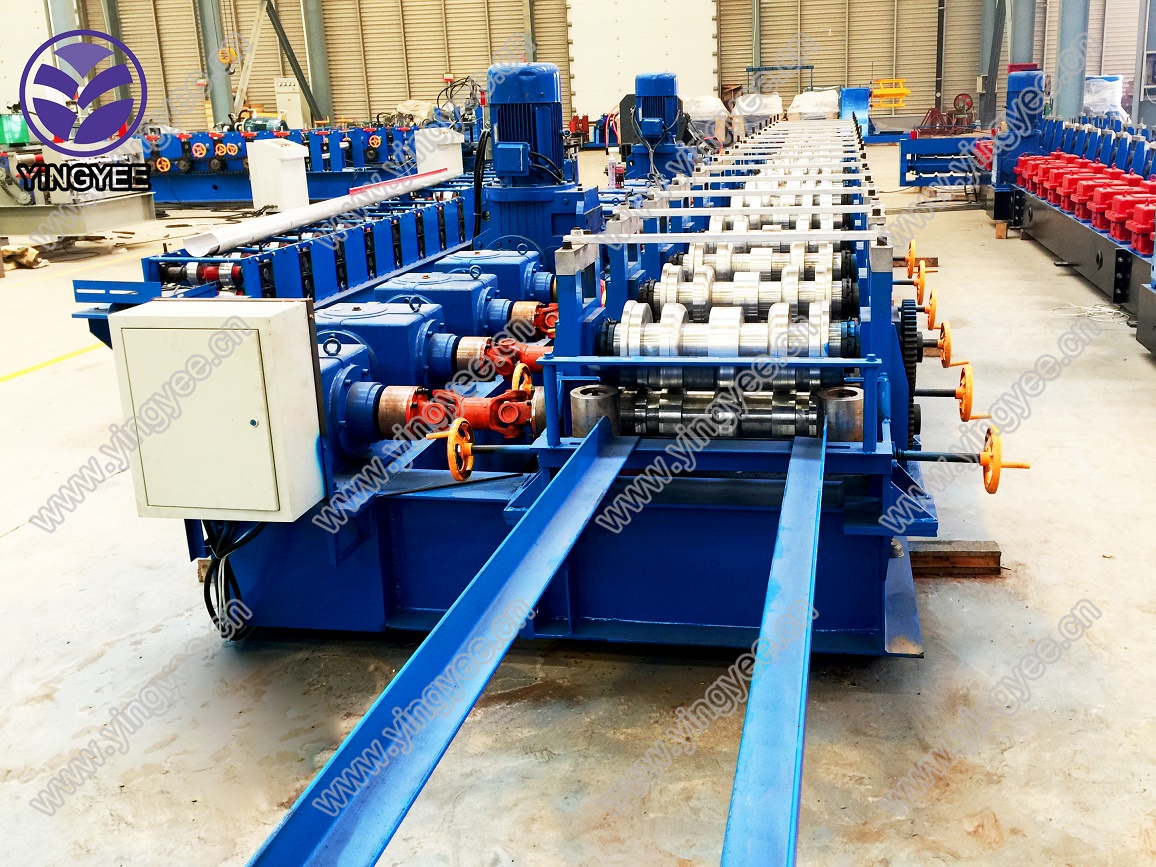Investing in a drywall making machine can transform your construction business by enhancing efficiency, reducing costs, and improving product quality. Understanding the nuances of these machines is essential for making an informed decision that aligns with your business goals. With decades of experience in construction equipment sales and consultation, I aim to guide you through the complexities surrounding drywall manufacturing machinery.

Drywall making machines are integral to optimizing production processes in the building sector. Their primary function is to manufacture sheets of gypsum board, commonly known as drywall, which are used extensively in modern construction. These machines have revolutionized the construction industry by providing a consistent, high-quality product that meets rigorous building standards.
The first aspect to consider when acquiring a drywall making machine is its capacity and output quality. Machines vary in terms of production volume, from small-scale units suitable for startup operations to larger models designed for high-output commercial production. Businesses must analyze their specific needs and scale to select a machine that optimally meets demand. Consulting with experts who possess in-depth product knowledge is invaluable; they can provide insights into machine capabilities, efficiency ratings, and cutting-edge technologies that can further enhance production quality and speed.

Operational reliability and maintenance requirements are also key considerations, given their impact on long-term costs and productivity. Machines from reputable manufacturers typically offer superior durability, supported by comprehensive warranties and after-sales service. Regular maintenance is crucial, and owners must ensure that their staff are trained in basic troubleshooting and routine checks. This training not only ensures smooth operations but also extends the machine's lifespan, thus securing a better return on investment.
Energy consumption is an increasingly important factor due to rising energy costs and environmental concerns. Modern drywall making machines are designed with energy efficiency in mind. They often incorporate features like lower energy usage, heat recovery systems, and reduced emissions. By selecting machines that comply with or exceed energy efficiency standards, businesses can reduce their operational costs and contribute to a more sustainable environment.
A crucial advantage of owning a drywall making machine is the ability to customize the specifications of the drywall according to client requirements. This customization ranges from the size and thickness of the sheets to specific alterations like moisture resistance or soundproofing capabilities. Machines equipped with advanced control systems provide greater flexibility in product specifications, thereby meeting diverse market needs effectively.
drywall making machine
A comprehensive understanding of input materials and their impact on production is essential for maximizing the performance of a drywall making machine. The primary material used is gypsum, which must be carefully sourced and handled to ensure product quality. Additives such as fiberglass can be used to enhance fire resistance or increase durability. Expertise in selecting and combining these materials is another layer of complexity where authoritative guidance from industry professionals can be advantageous.
In addition to the technical benefits, there is a significant market advantage to manufacturing drywall in-house. By producing their own drywall, companies can exert more control over their production schedules and reduce dependency on third-party suppliers. This control can lead to quicker turnaround times for projects and a potentially significant competitive advantage in the market.
From a strategic perspective, market trends suggest a growing demand for eco-friendly building materials. This demand presents an opportunity for businesses to differentiate themselves by offering green-certified drywall products. By using machines that can produce drywall with recycled materials or enhanced energy efficiency, companies can position themselves as leaders in sustainable building practices.
Prices for drywall making machines can vary widely based on factors like production capacity, technology, and additional features. However, the cost should not be the sole determinant for purchase. Businesses should also consider potential cost savings from increased production capacity, reduced waste, and lower energy consumption. A knowledgeable consultant can be instrumental in performing a thorough cost-benefit analysis and determining the total cost of ownership over the machine's lifecycle.
In conclusion, a drywall making machine is a strategic investment that can drive business growth through enhanced production capability, cost efficiency, and competitive differentiation. By leveraging expert insights and maintaining a keen awareness of technological advancements and market demands, businesses can ensure that their investment delivers substantial, long-term dividends. With the right approach, these machines not only meet production needs but also help build a sustainable future for the construction industry.


